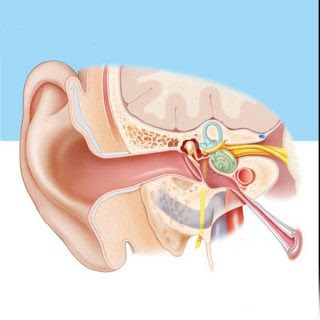Post-Surgery Precautions for Fast Recovery
Irrespective of what type of surgery you have undergone, post-surgery care is crucial. People often think that surgeries like septoplasty endoscopic sinus surgery don’t require any special care since they recover fast, but it is not. Every surgery whether it's minor or major, you need to take several precautions to avoid any mishappening.
Any procedure that includes anaesthesia and incision carries complication risk. As per reports, 5% of all surgeries such as Adenoid surgery in Dubai and Tonsil surgeries have a risk of infections, if you don’t take major precautions. If you have recently undergone any kind of surgery, this blog will help you to understand what you should or shouldn’t do post-surgery.
By following some dos and don’ts, you can easily avoid a minor medical procedure turning into a serious crisis:
1. Don’t under or overload yourself with antibiotics
Always take the medications as per prescription, especially the antibiotics. Just because your surgery went well and you’re almost recovered, don’t plan to save your medicines for the future. It doesn’t work at all in this way. Post-surgery along with precautions, medicine has an essential role to save you from any medical crisis. It is essential to take medicine as prescribed by the expert. Stopping medication hastily increases the risk of developing infections or antibiotic resistance.
2. Don’t lift things until your doctor allow
Suppose your doctor tells you not to lift anything more than 10 pounds for at least one month, but you’re a fast healer and think you can easily lift in just one week. You must be strong and your own doctor, right?
People often think that they are way too aware of their body but the fact is they aren’t. Just because your surgery is recovering faster, that doesn’t mean you avoid taking major precautions. You should listen and obey your doctor, if he is saying to avoid a particular activity for a month, you should.
3. Don’t drive too soon
While you think that the no-driving rule is just about anaesthesia, there are some other reasons also. Anaesthesia can weaken a patient’s judgement and motor skills.
If your surgery includes an incision wound, regardless of big or small, you should avoid driving and moving around. Driving includes shifting gears, steering your car and pressuring the accelerator—a patient who has undergone surgery like endoscopic septoplasty should avoid all these.
Moreover, an ENT specialist Dr Muddazir Ali
Ibrahim suggests that you should strict
your diet—what you intake also defines how fast you recover post-surgery. Don’t
smoke, especially in Adenoid surgery in
Dubai or Tonsil surgeries since
it will reduce oxygen’s amount to reach the wound while prying inflammatory
cells that are meant to hasten the recovery.



Comments
Post a Comment